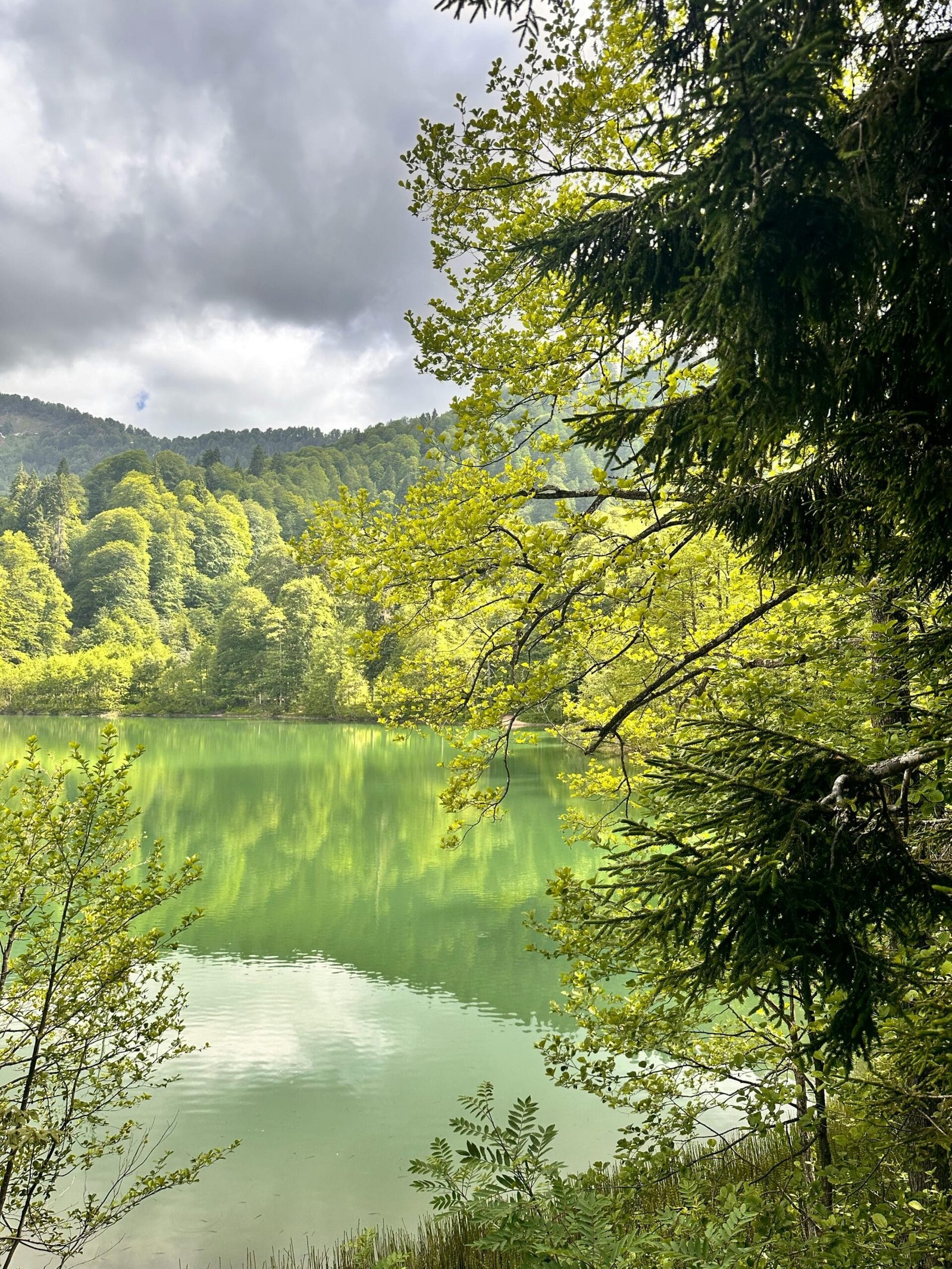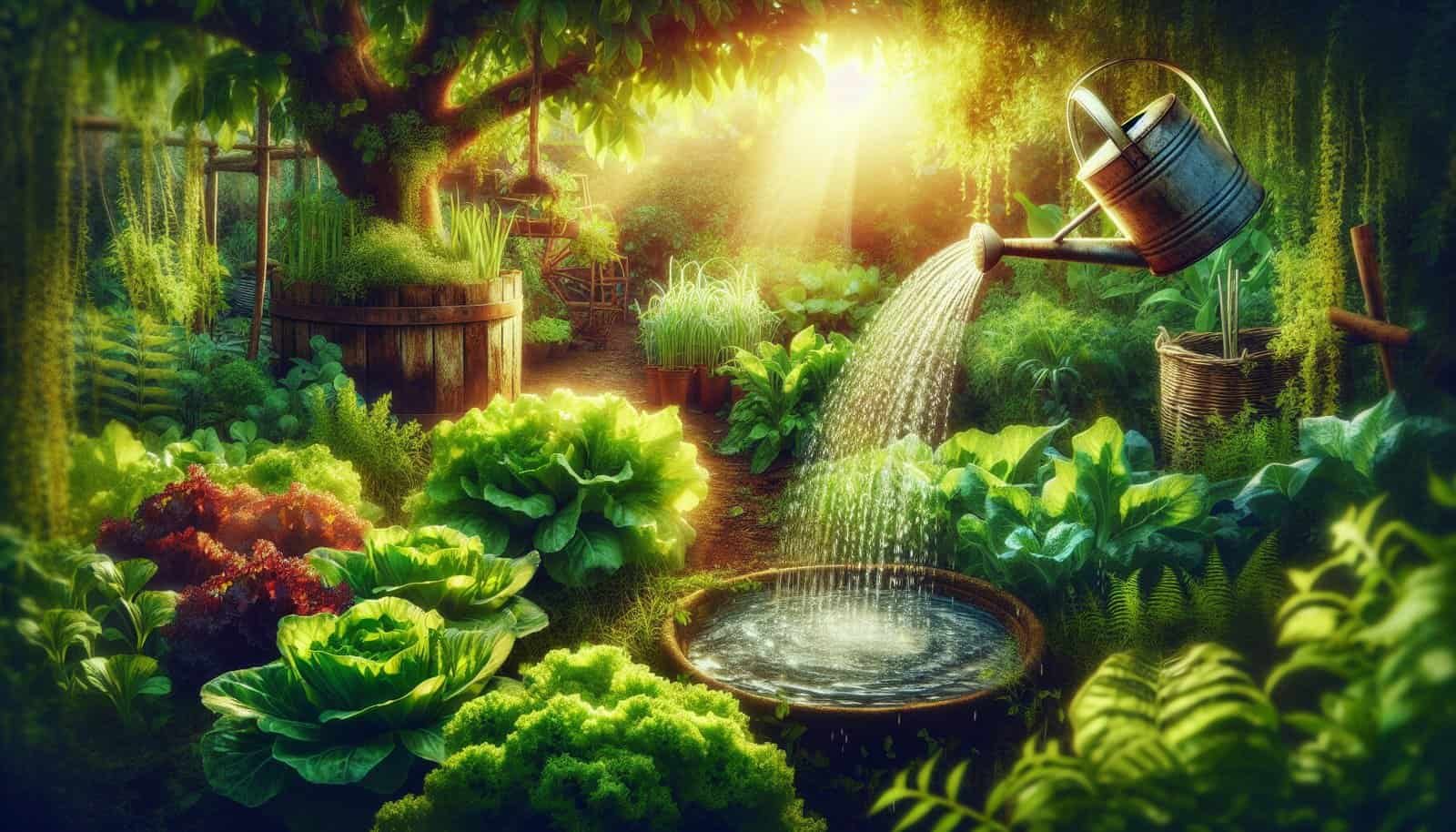Have you ever wondered if you can use well water for irrigation in your garden or farm? It’s a question many property owners and gardeners ask as they look to make the most of their available resources while ensuring their plants get the best possible care. Well water can be a great asset, but it’s critical to understand how it interacts with your irrigation needs to make the best use of it. Let’s explore the benefits, considerations, and best practices for using well water effectively in your irrigation system.
Understanding Well Water
Before deciding to use well water for irrigation, it’s helpful to understand exactly what well water is. Well water is essentially groundwater that is tapped through a drilled well. This water source can vary significantly in quality and mineral content depending on the geology of the area and the nature of the aquifer from which it is drawn.
What Makes Well Water Different?
Unlike municipal water, which is treated and often filtered, well water is raw. This means it comes directly from underground sources, carrying with it the minerals and conditions acquired as it percolates through soil and rock layers. While this can mean beneficial nutrients, it can also mean potential contaminants or unsuitable levels of minerals.
Potential Components of Well Water
| Component | Description |
|---|---|
| Minerals | Includes calcium, magnesium, iron, and more; can contribute to water hardness. |
| pH levels | Indicates acidity or alkalinity; important for plant health. |
| Microorganisms | Bacteria and other organic matter; may require treatment before use. |
| Contaminants | Potential pollutants like pesticides or heavy metals; varies by location. |
Understanding these components can help you determine how to manage well water for irrigation purposes.
Benefits of Using Well Water for Irrigation
When considering using well water for irrigation, you may find several positive aspects. Harnessing this natural resource could lead to cost savings and environmental benefits, among others.
Cost Savings
One of the primary advantages is the potential for significant cost savings. While municipal water systems can charge per gallon, well water is generally free, aside from the initial drilling and maintenance costs. This can be particularly advantageous for large irrigation systems that require a substantial amount of water.
Abundant Supply
Wells, depending on their depth and the aquifer recharge capability, can provide a steady, abundant water source, reducing reliance on municipal water supplies especially during dry spells. This can be crucial for sustaining plant health through periods of drought or water restrictions.
Environmental Advantages
Using well water promotes the use of local resources, reducing the need for additional infrastructure and lowering carbon footprints associated with large-scale water distribution systems. Furthermore, it encourages water conservation by fostering a direct connection to the local ecosystem.

Challenges and Considerations
While there are many benefits to using well water, several challenges and considerations must be addressed to ensure it’s suitable for irrigation.
Quality Testing
Before using well water, it’s essential to conduct thorough testing. This assessment helps identify the presence of contaminants or unsuitable mineral levels. Regular testing will inform ongoing treatment needs and ensure water remains safe for plants and soil.
Water Treatment Needs
Depending on the water quality, you may need to invest in treatment options to tackle issues such as hardness, pH imbalance, or microbial contamination. Treatment might involve filtration systems, water softeners, or chemical adjustments.
Regulations and Legalities
Legal compliance is crucial when using well water for irrigation. Some areas have strict regulations about well water use to prevent over-extraction of groundwater resources. You should check local laws and obtain any necessary permits before starting an irrigation project using well water.
Best Practices for Using Well Water
To make the most of well water in your irrigation efforts, adhering to best practices can lead to better outcomes for both your plants and the environment.
Water Testing Schedule
Implement a regular schedule for water testing. Annually, or even seasonally, testing ensures you remain informed about any changing conditions in the well water, allowing timely intervention to maintain water quality and plant health.
Appropriate Treatment Systems
Investing in the right treatment system based on your specific water quality will make a significant difference. A tailored solution, such as a water softener for hard water or pH adjusters for balanced acidity, will enhance irrigation effectiveness.
Efficient Water Use
Employ efficient irrigation practices to maximize well water use. Drip irrigation systems, for instance, deliver water directly to the plant roots, minimizing wastage and reducing the quantity of water needed.
Monitor Well and Pump Maintenance
Regular maintenance of the well and pump system is necessary to ensure uninterrupted water supply and to prevent issues such as low water pressure or contamination.

Understanding Plant Needs
When using any water source for irrigation, understanding the needs of your plants is key. Different plants have varying requirements, and knowing these can help tailor your water use effectively.
Plant Types and Their Water Needs
Different plant species have unique water needs based on factors like root depth, growth stage, and native habitat. For instance, succulents require far less water than tropical plants. Tailoring your irrigation approach to specific plant needs conserves water and promotes healthier plant growth.
Soil Health and Water Interaction
Well water can impact soil health through its mineral content. Monitoring soil composition and pH levels becomes essential. Adding soil amendments or choosing plants suited to existing soil conditions can mitigate adverse effects and improve plant resilience.
Troubleshooting Common Issues
Despite careful planning and execution, you might encounter some challenges when using well water for irrigation. Here’s how to troubleshoot some common problems.
Hard Water and Scale Build-up
Hard water can lead to mineral build-up in irrigation equipment. Regular cleaning and the use of water softeners can mitigate these issues, ensuring your system operates smoothly.
Iron Staining
Iron in well water can cause staining on foliage, equipment, and paths. Utilizing iron filters or aeration systems can reduce this issue, maintaining the aesthetic and functional quality of your landscape.
Bacterial and Algal Growth
Continuously stagnant or improperly treated water can lead to bacterial or algal growth, potentially harming plants. Implementing periodic system flushing and appropriate microbial treatments can prevent these problems.

Conclusion
Choosing to use well water for irrigation comes with numerous benefits, as well as challenges that require careful management. By understanding the unique properties of well water, thoroughly testing and treating the supply, and adapting your irrigation practices, you can successfully use this natural resource to foster a thriving garden or agricultural plot. Whether you’re a seasoned gardener or a new property owner, embracing these practices can lead to sustainable and gratifying horticultural endeavors.

